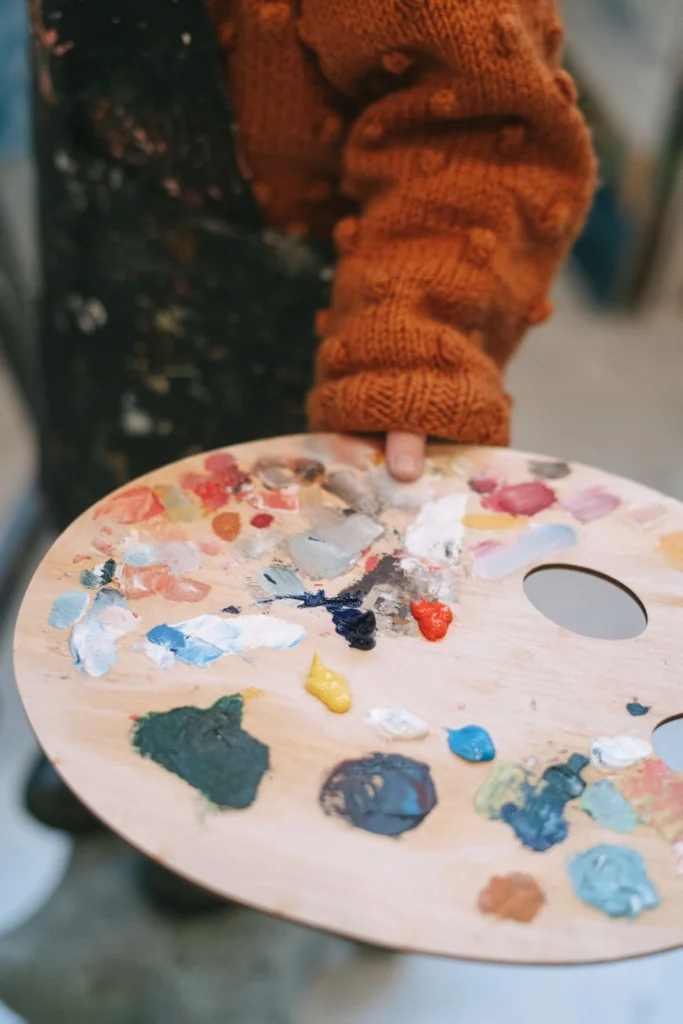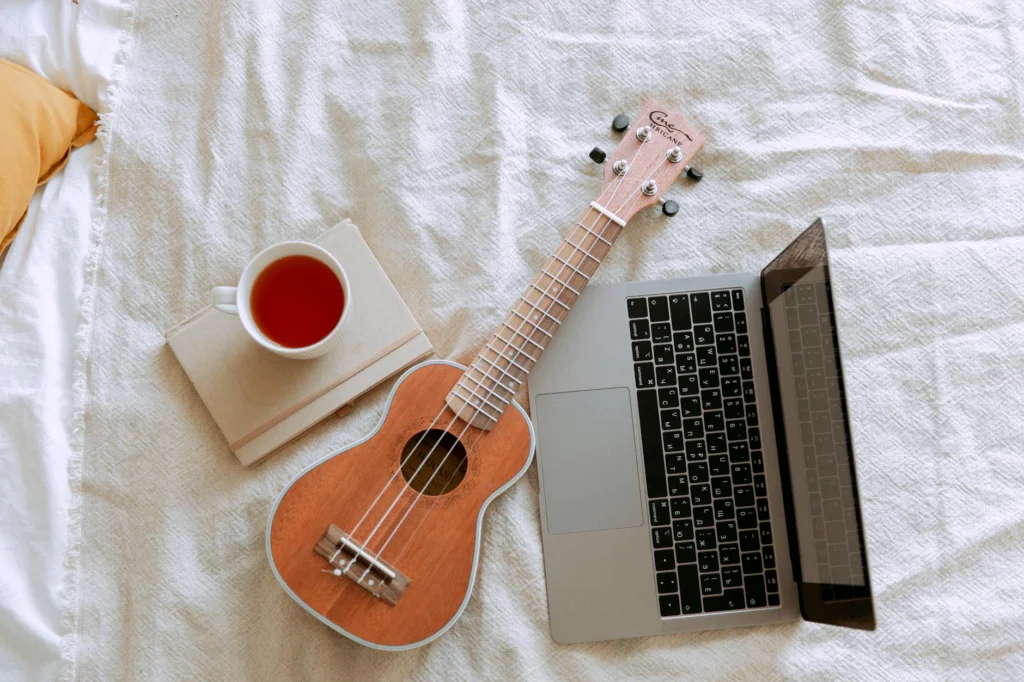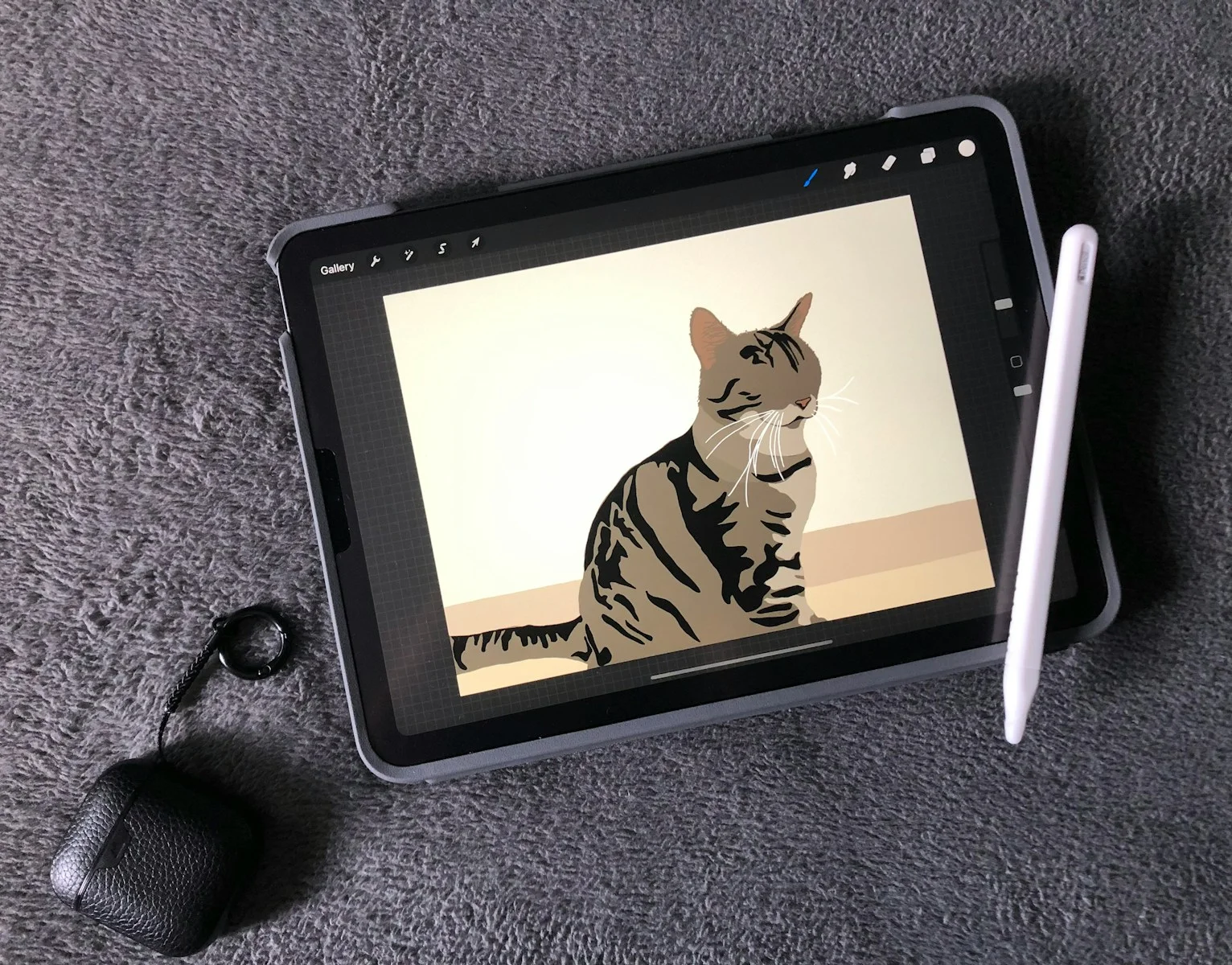
You’ve probably stared out the window during another dreary afternoon, wondering how to escape the indoor blues without defaulting to endless scrolling—trust me, I’ve been there more times than I’d like to admit. Whether you’re dodging scorching heat, torrential rain, or that bone-chilling cold that makes you question your life choices, there’s actually a whole world of engaging hobbies waiting inside your home: activities that’ll challenge your mind, spark creativity, and maybe even surprise you with skills you never knew you had.
Reading and Building Your Personal Library
While streaming services and social media compete for every spare moment of our attention, there’s something deeply satisfying about curling up with a physical book and watching your own personal library grow shelf by shelf. You’re not just consuming content—you’re building intellectual capital that compounds over time.
Research shows that reading physical books improves retention by 6-8% compared to digital formats, giving you a tangible advantage in knowledge acquisition. Start with genres that genuinely excite you: maybe it’s financial psychology, historical biographies, or cutting-edge neuroscience.
I’ll admit, my first “serious” library consisted mostly of self-help books with embarrassingly highlighted passages, but that foundation led to deeper exploration. Create dedicated reading spaces, hunt for first editions, and don’t apologize for that growing stack of “to-read” books—bibliophiles call it their “tsundoku,” and it’s a beautiful problem to have.
Creative Writing and Journaling
Though it might sound cliché, putting pen to paper remains one of the most powerful ways to untangle your thoughts, spark creativity, and discover what you actually think about the world around you. Creative writing—whether it’s fiction, poetry, or personal essays—gives you complete control over entire universes, characters, and narratives. You’re literally the architect of reality on the page, which honestly beats most day jobs for pure power satisfaction.
Journaling works differently but equally effectively: it’s like having a conversation with your smartest self. Research shows that expressive writing for just fifteen minutes daily can reduce stress, improve immune function, and clarify decision-making. Start with morning pages—three stream-of-consciousness pages that clear mental clutter—or try prompt-based entries that explore specific themes, goals, or challenges you’re managing.
Drawing, Painting, and Digital Art

Visual art transforms the invisible architecture of your thoughts into something tangible—and unlike writing, you don’t need perfect grammar or spelling to create something profound. Whether you’re sketching with charcoal, painting watercolors, or exploring digital platforms like Procreate, you’re fundamentally rewiring your brain: studies show that drawing activates the prefrontal cortex, enhancing problem-solving abilities while reducing cortisol levels by up to 75%.
Start with simple materials—pencils, basic paints, or free apps like Krita—because expensive supplies won’t magically improve your technique (trust me, I’ve tried). The beauty lies in experimentation: mix mediums, embrace happy accidents, and recollect that every master artist started with wobbly lines. Your first attempts might look like abstract interpretations of reality, but that’s perfectly fine—you’re building visual vocabulary.
Cooking and Baking Adventures
Alchemy happens when flour meets water, heat transforms raw ingredients, and your kitchen becomes a laboratory where failures taste surprisingly good—even when you accidentally use salt instead of sugar (speaking from experience). You’re wielding science: gluten development creates bread’s structure, Maillard reactions brown your cookies perfectly, and emulsification turns oil and eggs into silky mayonnaise. Each technique you master—from knife skills to temperature control—expands your culinary arsenal and builds confidence that extends beyond cooking.
Start simple: homemade pasta requires just flour, eggs, and patience, while sourdough starter becomes your living pet that demands daily attention. Research shows cooking reduces stress hormones by 68% while boosting creativity—you’re literally feeding your brain while creating something delicious that’ll impress friends and satisfy your ambitious spirit.
Puzzle Solving and Brain Games

While your kitchen adventures satisfy your creative hunger, your brain craves a different kind of nourishment—the mental gymnastics that come from wrestling with riddles, conquering crosswords, and staring at Sudoku grids until the numbers finally surrender (usually around 2 AM when you should’ve been sleeping).
You’re fundamentally becoming a cognitive athlete, building neural pathways stronger than your morning coffee addiction. Research shows that regular puzzle-solving increases neuroplasticity—your brain’s ability to rewire itself—which means you’re literally growing smarter while having fun.
Whether you’re deciphering cryptic crossword clues that make you question your vocabulary, tackling jigsaw puzzles that test your patience, or diving into logic puzzles that make chess look simple, you’re sharpening your problem-solving arsenal for real-world challenges.
Indoor Gardening and Plant Care
After your brain’s had its workout deciphering cryptic clues and conquering number grids, there’s something profoundly satisfying about nurturing living things that respond to your care with visible growth—unlike that Sudoku puzzle that just sits there smugly completed. Indoor gardening transforms you into a miniature ecosystem commander, wielding control over light, water, and nutrients to create your personal green empire.
You’re not just growing plants—you’re orchestrating nature itself.
Here’s what you’ll master in your indoor garden kingdom:
- Hydroponic systems that let you grow lettuce faster than your neighbor’s outdoor patch
- Propagation techniques for multiplying your plant army from cuttings
- LED grow lights that give you god-like power over photosynthesis
- Microgreen cultivation for farm-to-table harvests in seven days
Learning Musical Instruments

When your fingers finally tire of coaxing tomatoes from hydroponic towers, they’re perfectly primed for the next level of indoor mastery—creating actual music instead of just the gentle hum of grow lights. You’ll discover that learning an instrument transforms your living space into a personal concert hall where you control every note, every rhythm, every triumphant chord progression that makes your neighbors wonder if you’ve secretly been harboring Mozart-level talent all along.
Research shows that adult brains retain remarkable neuroplasticity—meaning you’re not too old to master that dusty guitar or keyboard tucked away in your closet. Start with fifteen-minute daily sessions: your callused gardening fingers will adapt to frets and keys faster than you’d expect, building both muscle memory and the confidence that comes from creating something beautiful entirely through your own determination.
Crafting and DIY Projects
Once those musical calluses have properly formed and your neighbors have adjusted to your daily practice sessions, your hands will crave a different kind of creative outlet—one that produces tangible objects you can actually hold, display, or gift to unsuspecting relatives who’ll pretend to love your wonky first attempts.
Crafting transforms you into a domestic warrior, conquering projects that would cost triple at stores. You’ll develop problem-solving skills sharper than your X-Acto knife collection:
- Woodworking: Build furniture that’ll outlast your patience—start with simple cutting boards before attempting that ambitious dining table
- Pottery: Shape clay while contemplating life’s deeper mysteries, plus you’ll never need another mug
- Jewelry making: Create accessories that reflect your personality, not mass-market trends
- Sewing: Master the ancient art of making clothes actually fit your unique body dimensions
Conclusion
You’ve got eight fantastic ways to beat cabin fever—whether you’re dodging raindrops or escaping scorching heat. Don’t feel pressured to master everything at once; I certainly didn’t when I started my indoor hobby journey! Pick one that sparks your curiosity, immerse yourself, and keep in mind: these activities aren’t just time-killers, they’re brain-boosters that’ll keep you engaged, creative, and maybe even discover a hidden talent you never knew existed.



Leave a Reply